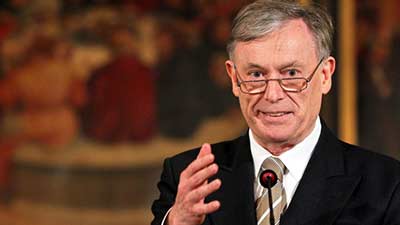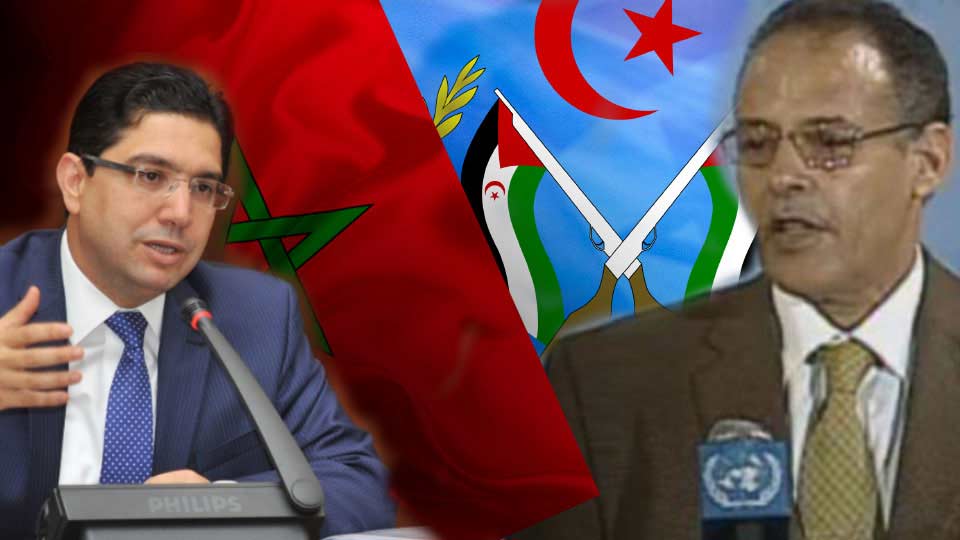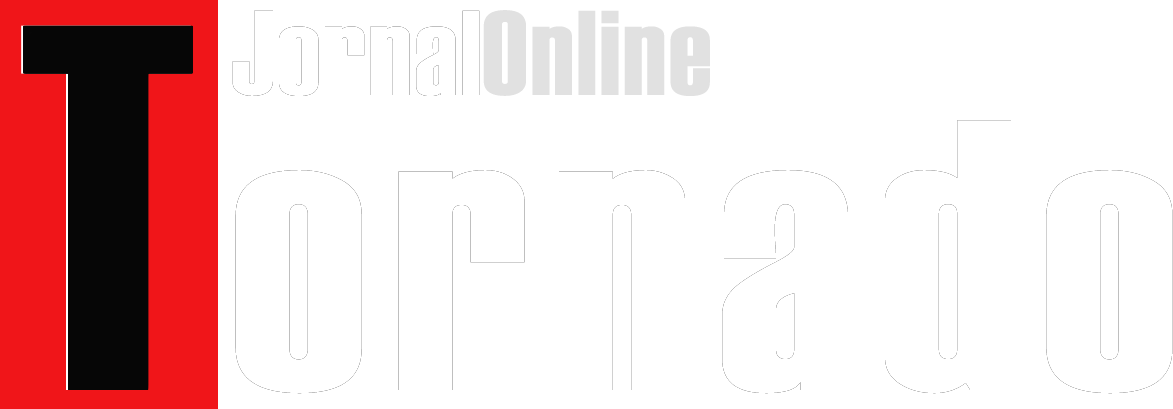The second meeting between POLISARIO Front and Morocco organized by Horst Koehler, personal envoy of the Secretary-General of the Nations, is taking place (21-22 March) in Geneva.
In addition to the delegations of Morocco and POLISARIO, Algeria and Mauritania are participating as observers, a UN statement said.
According to this statement:
“The meeting will take place in accordance with UN Security Council Resolution 2440 as a further step in the political process to achieve a just, lasting and mutually acceptable political solution that will provide self-determination for the people of Western Sahara.”

A phrase used over and over again in United Nations resolutions, but whose meaning is simple: the completion of the referendum agreed between the parties that was the basis of the 1991 ceasefire agreement.
It can often be read in the press that it is the Polisario who wants a referendum, while Morocco defends the autonomy plan, forgetting that the referendum was the basis of the signing of the ceasefire agreement that was signed by Morocco and POLISARIO.
It is not a mere requirement of POLISARIO, it is the solution proposed under the auspices of the UN and the AU that led to the realization of a Census by MINURSO (Mission of the United Nations for the Referendum of the Western Sahara), mission that has been present in the territory since 1991.
The referendum was first proposed in December 1966 when Spain occupied the territory:
- The UN General Assembly requested that Spain organizes, under the supervision of the UN, a referendum on self-determination (General Assembly resolution 2229 (XXI) of 20 December 1966). The demand is repeated every year from 1967 to 1973.
- In the various rounds of negotiations over the last two decades the Frente POLISARIO has yielded several times showing good faith, and included in the questions of the referendum the plan of autonomy of Morocco.
- However Morocco has consistently refused to hold the referendum, violating the agreements it has signed and openly declares that the only acceptable solution for Morocco is the autonomy plan, since it knows in advance that the referendum will not be favorable to it.
- Morocco often uses the argument that the censuses have not been completed and that the Moroccan settlers were not considered as voters, which does not correspond to reality as can be seen on MINURSO’s official website:
September 1998 – The process of identifying “eligible voters” has been completed.
May 23, 2003 – James Baker (UN Secretary-General’s personal envoy) proposed another plan (also known as the ‘Baker Plan II’) that envisaged a referendum in four to five years and offered residents a choice of independence, autonomy, or complete integration with Morocco. The plan was accepted by Polisario, Algeria and the Security Council, but was rejected by Morocco.
July 2003 – James Baker returned with a revised version of his plan, including safeguards that were supported by Algeria and Polisario. Moroccan settlers could vote, but Morocco rejected the plan.
The Moroccan occupation of Western Sahara is the last case of decolonization in Africa. This non-autonomous territory was invaded on 31 October 1975 by Morocco with the complicity of Spain who, being the colonial power since 1884, left the territory without carrying out the decolonization and delivering the Saharawi population on a tray to the invader, violating the clear decision issued by the International Court of Justice on October 16 of the same year (see Overview of the case)).
Opinion of the International Court of Justice of 1975
- “the Saharawi people of Western Sahara is the only sovereign power in Western Sahara
- “did not find legal ties of such a nature as to affect the implementation of resolution 1514 (XV) in the decolonization of Western Sahara and in particular the principle of self-determination through free and genuine expression of the will of the peoples of the Territory” (paragraph 129 , 162)
On November 6, 1975, Morocco organized the so-called “Green March” officially invading Western Sahara and introducing 350,000 Moroccan settlers into the territory. This act was condemned by the UN Security Council, which immediately called on Morocco to withdraw from the territory:
Resolution 380 (1975)
of 6 November 1975
The Security Council,
Noting with grave concern that the situation concerning Western Sahara has seriously deteriorated,
Noting with regret that, despite its resolutions 377 (1975) of 22 October and 379 (1975) of 2 November 1975 as well as the appeal made by the President of the Security Council, under its authorization, to the King of Morocco with an urgent request to put an end forthwith to the declared march on Western Sahara, the said march has taken place,
Acting on the basis of the aforementioned resolutions,
- Deplores the holding of the march;
- Calls upon Morocco immediately to withdraw from the Territory of Western Sahara all the participants in the march;
Morocco ignored this resolution as it ignored many of the later resolutions without ever having received any sanction.
When it invaded the territory of Morocco, it also violated Article 4 paragraph b) of the Constitutive Act of the African Union: “Respect for the existing borders in the conquest of independence”.
Violation of International Law
The solutions often proposed by commentators and “friends of Morocco” as alternatives to the referendum, forget the basic right of any people to self-determination and sovereignty not only of their lands but also of their resources and in fact violate the UN Charter, the Constitutive Act of the AU and international law.
Failure to comply with this basic right has been condemned by the Court of Justice of the European Union in three judgments in the last three years. Judgments reaffirming that Morocco has no sovereignty over the territory and that Western Sahara is a separate and distinct territory and that any exploitation or commercialization of products and resources of Western Sahara and adjacent water can only be done with the express authorization of the people Saharawi people:
Court of Justice of the European Union (CJEU) judgments of:
- 19th July 2018 (ORDONNANCE DU TRIBUNAL (cinquième chambre élargie);
- 27th February 2018 (JUDGMENT OF THE COURT (Grand Chamber));
- 21st December 2016 (JUDGMENT OF THE COURT (Grand Chamber))
So neither the UN, the African Union, the International Court, nor the Court of Justice of the European Union have ever recognized Moroccan sovereignty of any kind over the territory of Western Sahara – Morocco is an occupying force.
The fact that we live in a status quo of occupation and administration of the territory of Western Sahara by Morocco does not give legality to the situation.
Violations of Morocco’s international law as a power of occupation include, inter alia:
- Changing demographic status with introduction of Moroccan settlers
- Changing economic status
- Changing political status
- Violation of human rights of the Saharawi population
- Plunder of natural resources
- Construction of a military wall separating the territory of 2720km
- Anti-personnel and anti-tank mines
Reality today on the ground
Little or nothing is written about the situation experienced by the Saharawi population in the occupied territories due to limited access to journalists and non-governmental organizations imposed by Morocco.
The few journalists who enter the territory have to “comply” with the program previously established by the Moroccan government. The few visits of members of the United Nations suffer the same restrictions.
But there are facts easy to prove even when not entering the territory. One of them is the existence of a separation wall of 2720km with more than 150,000 Moroccan soldiers and armed with the latest technology of war that puts the Saharawi population in an open prison.
Another fact is that the Saharawi population does not agree with the integration, autonomy plan or other proposed solutions other than independence and for this reason Morocco categorically refuses the referendum.
Morocco occupies the territory by force, with the introduction of settlers and a military, police and auxiliary presence that controls every step taken by the Sahrawi living in a political, social and economic apartheid.
The stability of the region will be greatly jeopardized if it is tried to impose on the Saharawis a solution that does not go through a consultation that allows them to decide freely about their future. An imposed solution will ignite a powder keg that has been inactive due to the strict compliance of the POLISARIO Front with the ceasefire agreement and a non-violent resistance of the Saharawi people.
More than four decades passed without Morocco being able to change the Saharawi people’s legitimate aspiration for independence. 4 decades in which this people managed to organize itself in the liberated part of the Western Sahara and the refugee camps and built a Republic in the middle of the most inhospitable desert, with all the strands of a country in full operation. 4 decades without seeing the resistance and resilience of this people under occupation, in refugee camps and in the diaspora, diminish.
Morocco is experiencing an internal social revolt, daily challenges and seems unable to respond to the demands of its own people who long for true democracy. In the occupied territories of Western Sahara it faces daily demonstrations on the part of the population despite the repression, kidnappings, violations and arbitrary arrests they suffer.
Is it realistic to think that a just, lasting and mutually acceptable political solution that will provide the self-determination of the people of Western Sahara can be found on the margins of the right to the sovereignty of this people?
Jornal Tornado / PUSL




